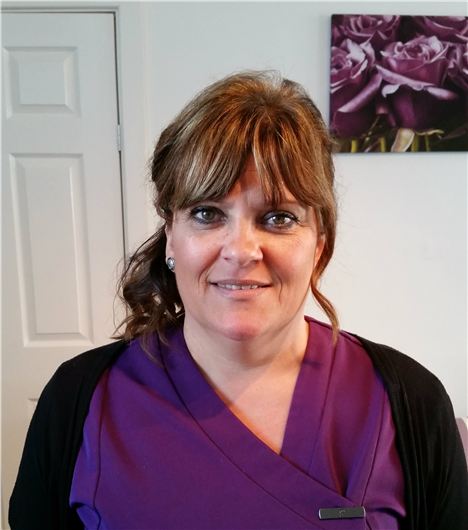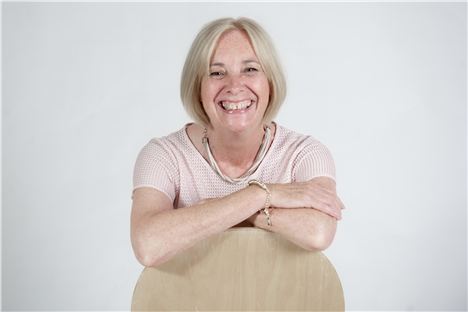"IF you're described as a 'menopausal woman' you're pretty sure it's not a compliment," said Pat Duckworth, a menopause and cognitive therapist at Harley Street, London.
Author of books such as Hot Women, Cool Solutions; How To Survive Her Menopause For The Man In Your Life and Cool Recipes for Hot Women, she works to get women discussing their symptoms and noticed there is a general reluctance to share.
"Menopause is a condition which is often dismissed as part of life, and not something to be taken seriously, but for many women the symptoms are significant and can have an extreme impact on their life"
While women's bodies get much air time in the mainstream media, for some discussing the mechanics of our delicate inner workings is far more taboo; right from our first period, up until the very last.
"It has a lot to do with deferring the aging process," said Duckworth. "We're far more open when discussing periods and pregnancy but not the menopause."
"I spoke to a West African woman after one of my seminars who thought West African women were exempt from symptons because no woman had ever spoke to her about it," she added.
The topic of menopause or the 'change of life' has been stirred recently.
New research by Nuffield Health revealed one in four women across the UK lack advice, feel ‘unsupported at work’ and are 'struggling to cope' while dealing with hot flushes, insomnia, memory loss and depression.
In the survey over 3,000 women (one in five in the North West) said their symptoms have had a detrimental effect on their work, with one in ten women admitting they have even considered quitting their job.
The majority of those surveyed also said they felt unable to talk to a manager or colleague at work.
Dr Julie Ayres, Specialist in Menopause and PMS at Nuffield Health, believes the menopause should no longer be a taboo subject in the workplace.
She said: “The issue needs to be dragged into the 21st century. Increasingly employers are beginning to take employee health and wellbeing seriously, with numerous initiatives to help improve health and fitness, yet clearly the menopause remains a taboo subject.
"Until we highlight the subject and try to tackle some of the difficulties that women are facing at work, we stand to lose experienced and talented women who should be at the peak of their career rather than facing forced retirement or feeling alienated."
Hot flushes are a common symptom.
For many women, the menopause is simply a secret struggle and the NHS states that one in ten women don't seek any help for their symptoms at all.
“Menopause is a condition which is often dismissed as part of life, and not something to be taken seriously, but for many women the symptoms are significant and can have an extreme impact on their life," explained Ayres further.
 Actress Kim Cattrall has been opening up about her menopause
Actress Kim Cattrall has been opening up about her menopause
"I experienced tiredness, headaches and the sweats. It was the sweats that were getting me down the most. I lost count of how many hot flushes I was having. I couldn’t sleep and my husband was beside himself. I was going for days without a proper night’s sleep and I felt constantly exhausted," she explained.
 Hazel Dunn had been experiencing symptoms for three years before diagnosis
Hazel Dunn had been experiencing symptoms for three years before diagnosis
She had tried a number of options including hormone replacement therapy (HRT) before coming to a natural soya based alternative called Perfect Harmony after worrying about publicised health risks.
"I had been taking the Menopause FX but it wasn’t working so I then went on to HRT for about a year. However, I had to come off it as it wasn’t suiting me at all. I was experienced lots of side effects such as headaches and not feeling well on the medication at all."
Medication for menopause has had it's fair share of discussion - in 2002 HRT was linked to breast cancer. Now, after research, it is still considered an option, yet Duckworth believes that not all the options are being properly communicated, leaving some women at a loss.
"It's a natural phase of life, so for many women choosing to take medication is like choosing to medicate while going through puberty," said Duckworth."There needs to be open conversation so women are aware of alternatives, tips and facts such as a change in diet and lifestyle. Women should not have to go through symtoms in silence."
Follow @LOreal_B on Twitter
For Pat Duckworth, see here: www.patduckworth.com












